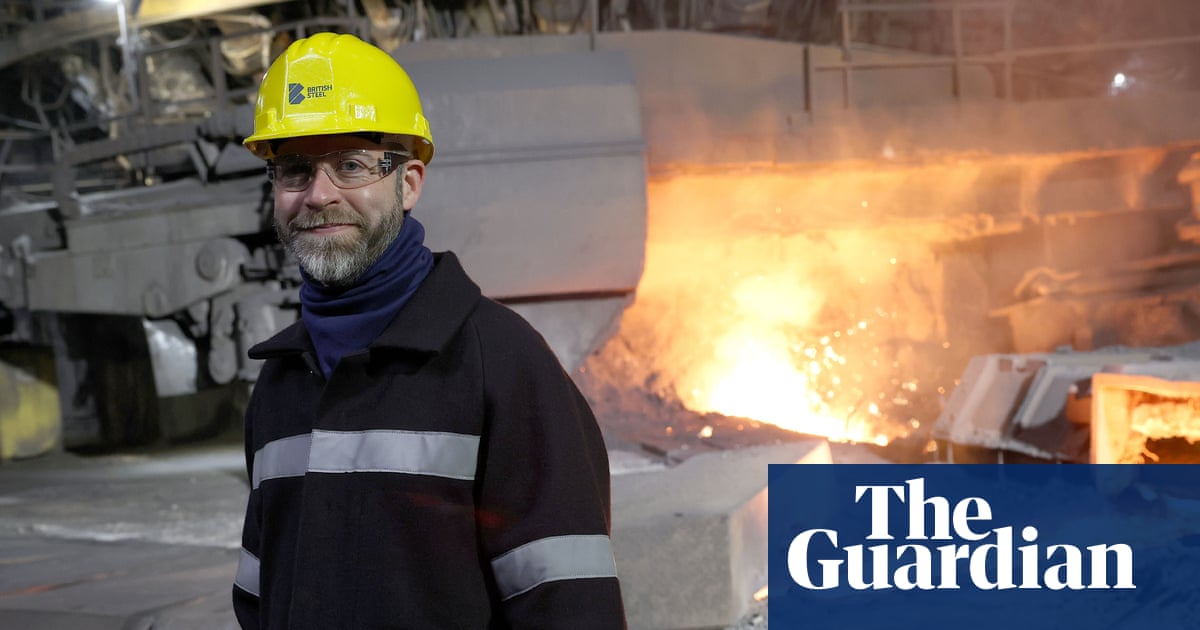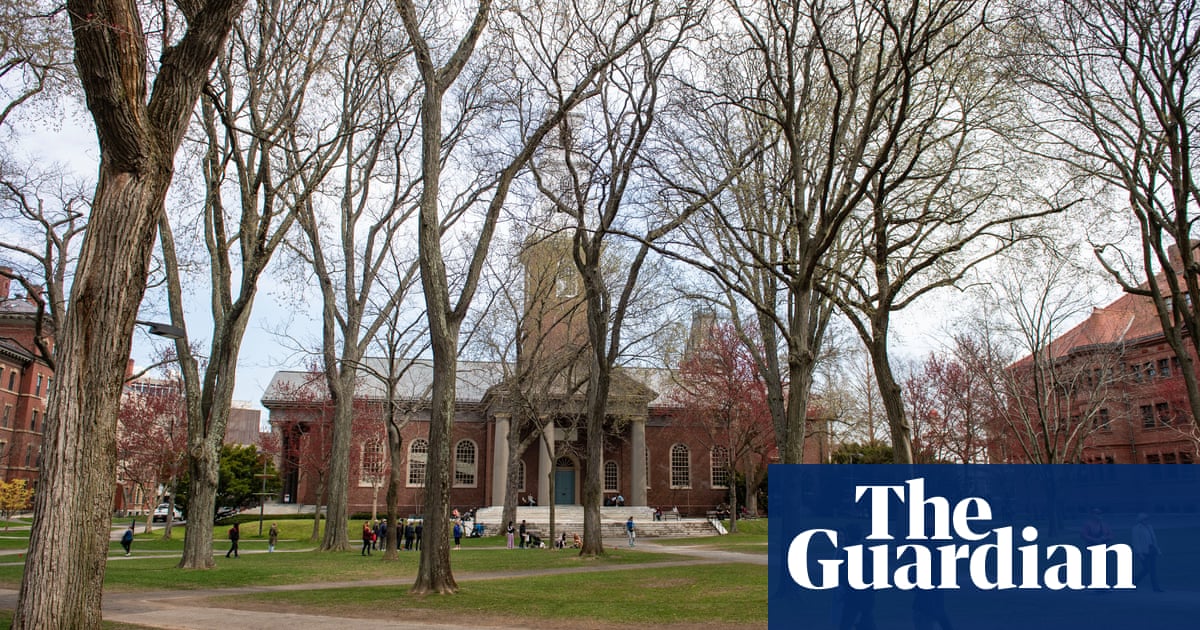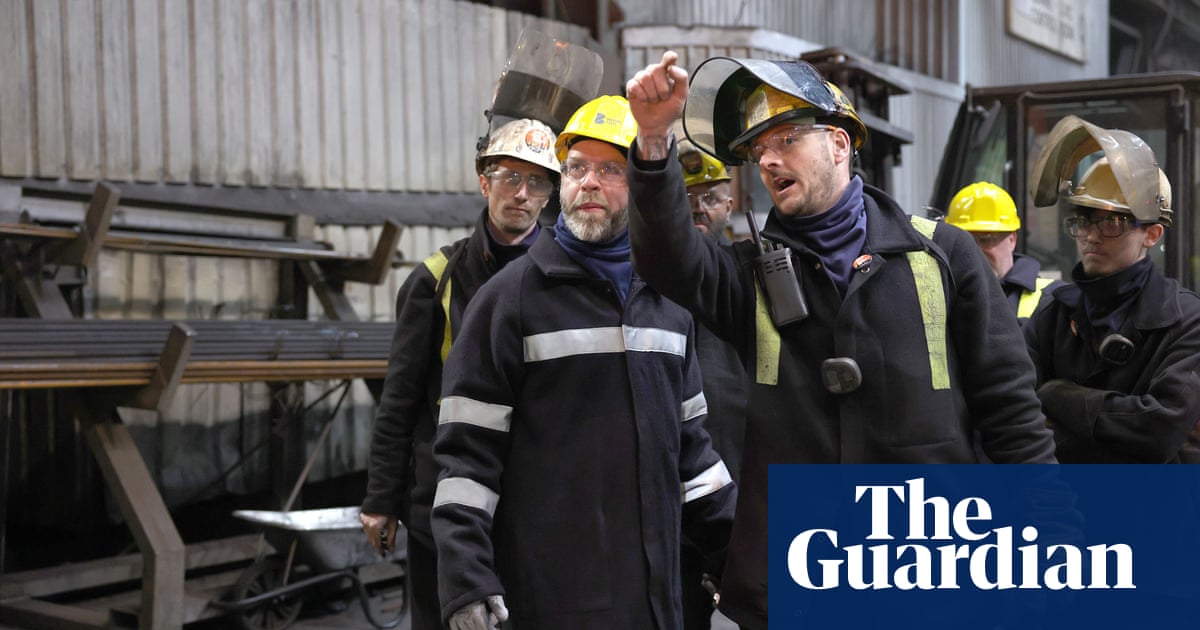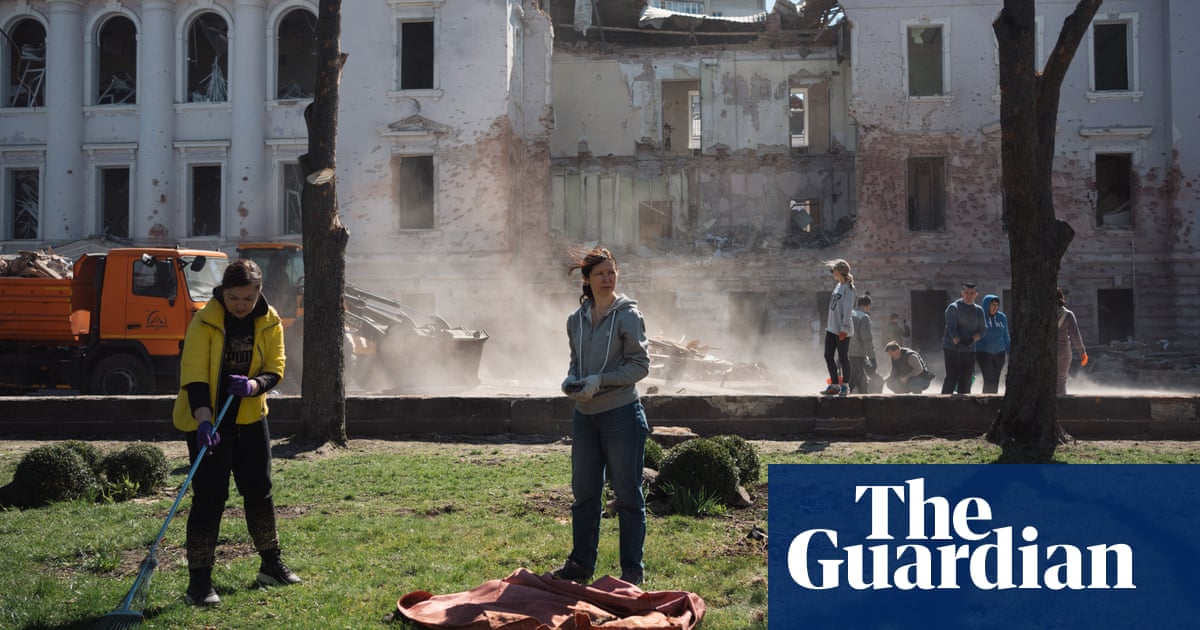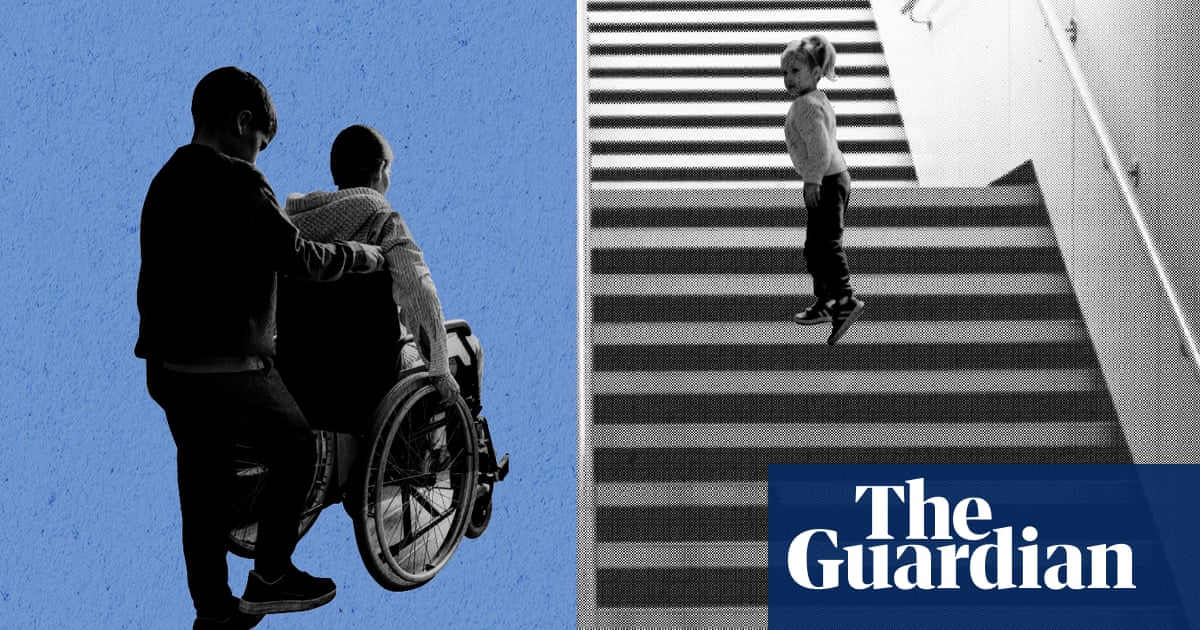Sudan’s information blackout has left relatives of those in Sudan’s Zamzam refugee camp struggling for news of their safety after it was overrun by militiamen at the weekend.
As leaders across the globe prepared to meet for peace talks in London to pressure the backers of the paramilitary Rapid Support Forces (RSF) and the Sudanese army to agree a ceasefire, the RSF launched a deadly assault that led to it seizing Zamzam after weeks of tightening its siege.
Campaigners said the dearth of information on the violence, which has reportedly killed hundreds of civilians, highlighted the need for the talks to prioritise restoring communications to allow communities under attack to warn each other, to give better access to healthcare and to facilitate human rights documentation.
Altahir Hashim, whose family was living in Zamzam, said: “Zamzam as an IDP [internally displaced persons] camp no longer exists. The RSF has completely overrun the camp – killing, raping, burning and committing all kinds of atrocities. The communications are really bad and I haven’t been able to speak to my family.”
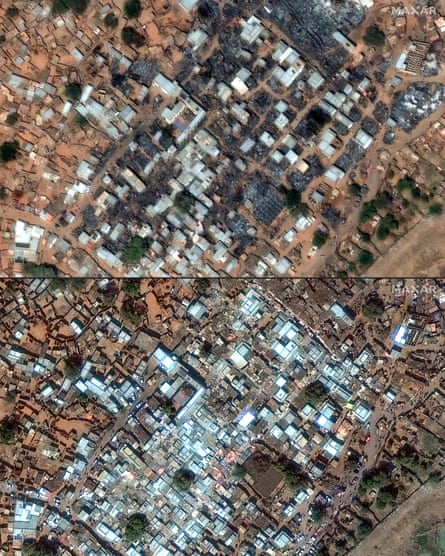
On Friday, nine medical workers from the aid organisation Relief International were killed when the RSF raided Zamzam, while the Sudanese American Physicians Association (Sapa), said the manager of a children’s health centre was also killed.
The medical charity Médecins Sans Frontières said its team at Tawila, another displacement camp near El Fasher, has seen about 10,000 people arrive in 48 hours suffering from dehydration and exhaustion.
For two decades Zamzam has hosted people displaced during the 2000s in attacks by the army and the Janjaweed militias – who were later formalised into the RSF – but its population has grown to about 700,000 during the current civil war as people have fled other parts of the Darfur region.
Hashim is part of a group of Darfuris abroad who have raised funds to buy and airdrop satellite phones into Darfur as well as walkie-talkies to allow local communication during emergencies.
He said the communications blackout also made it difficult for people to receive money sent from relatives abroad through mobile banking systems.
The limited information that has emerged from Zamzam has often relied on satellite communications – whether through imagery, phones or the Starlink service, which uses satellites rather than land-based communication towers to provide internet.
But these services can be unreliable and are costly, meaning that while they are used by some activists in Darfur, others remain unable to be contacted.
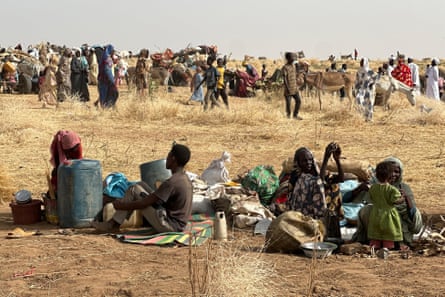
One video shared by the group North Darfur Observatory for Human Rights showed people fleeing Zamzam with their belongings strapped to camels and donkeys.
Often the main source of information from Darfur has come from videos recorded by RSF fighters themselves of the atrocities and some have emerged showing their fighters entering Zamzam on pickup trucks mounted with heavy machine guns with burning buildings in the background.
Shayna Lewis, from the US-based organisation Preventing & Ending Mass Atrocities (Paema).“We have reports of civilians being hunted and executed in the streets of Zamzam, but we are unable to consistently communicate with people as the networks are off and the internet can only be accessed through Starlink access points. Starlink access is sporadic, expensive and can be turned off by the belligerents at will.”
Paema said the talks in London should prioritise restoring communications as a way to quickly relieve suffering in Sudan.
Sapa, which operates medical facilities in El Fasher, said the last message it received from its teams in Zamzam on Sunday afternoon was: “Zamzam under the control of the RSF.”
Khalid Mishain, of the Sudanese human rights group Youth Citizens Observers Network, said they had lost contact with their observers in the area since the attack. He said the communications blackout had been a impediment to human rights documentation throughout the conflict.
“People have to write the information down, keep it with them and then secretly move to areas where there is communications and send it to us,” said Mishain.
“We have civilians suffering and no one knows about it, and those who report on it have to risk their life because of the communications blackout.”

.png) 1 day ago
6
1 day ago
6

